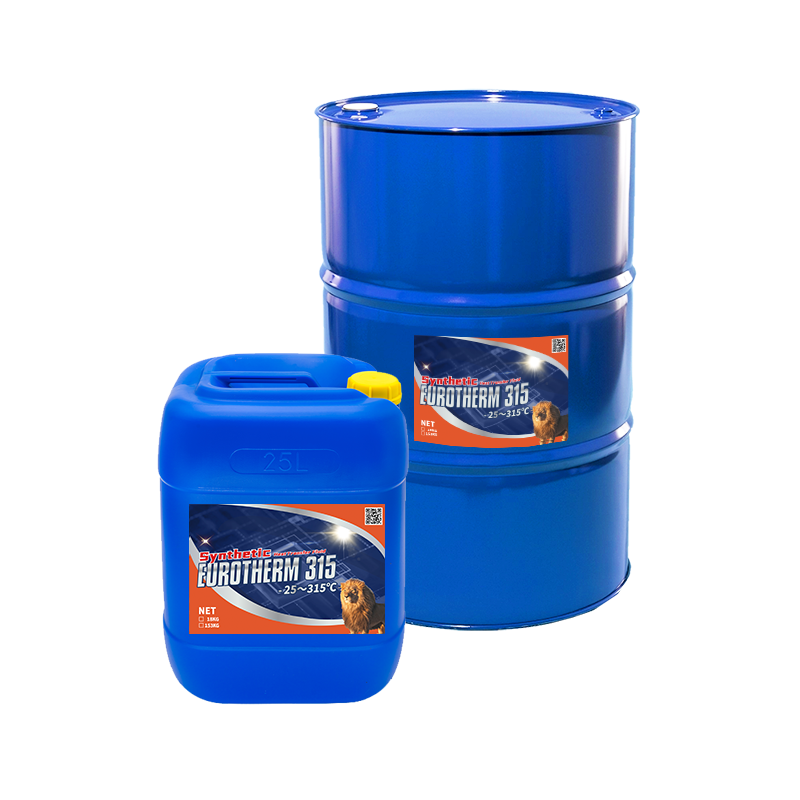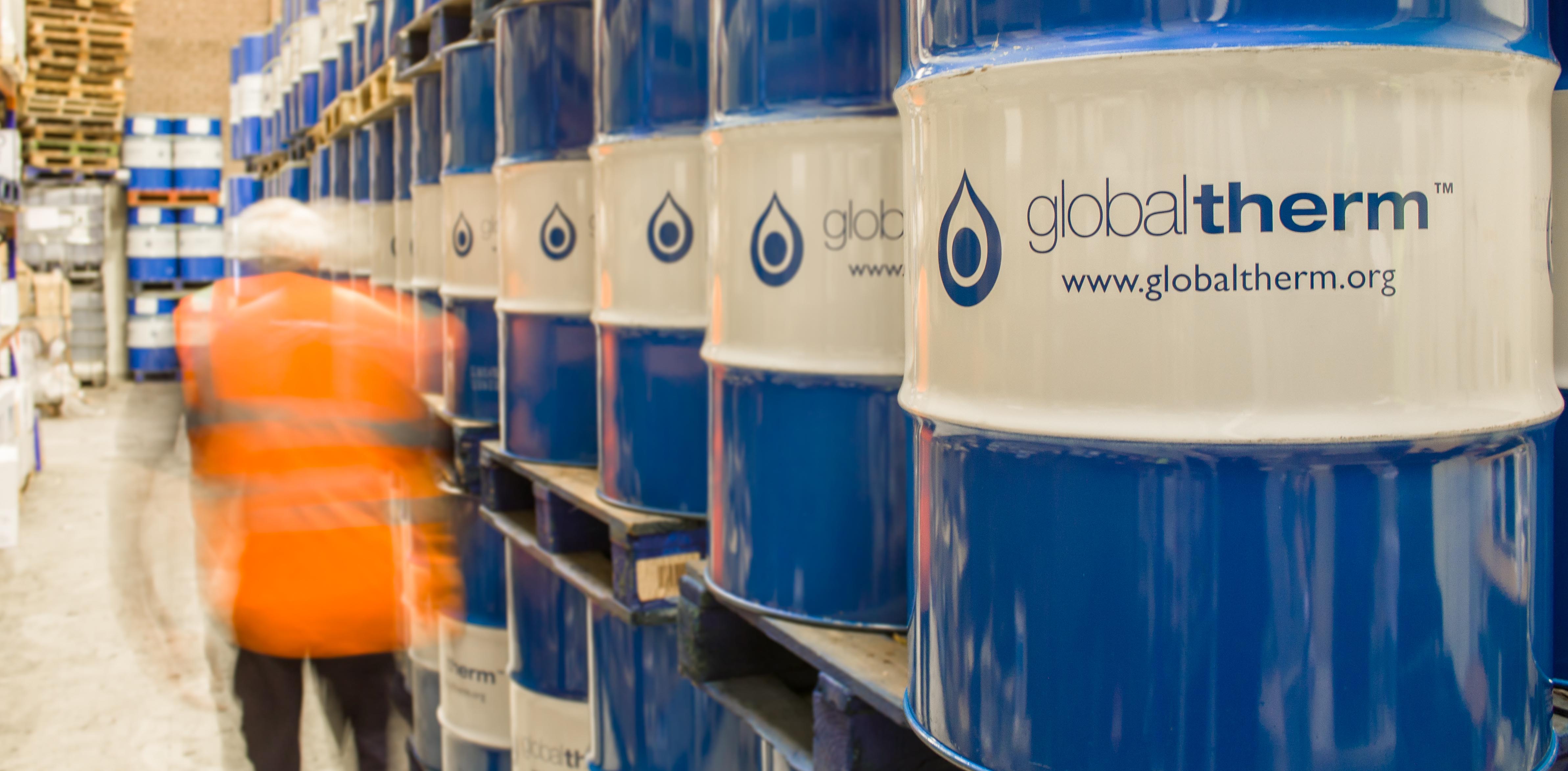How Silicone Oil Functions as a Superior Heat Transfer Fluid in Delicate Equipment
How Silicone Oil Functions as a Superior Heat Transfer Fluid in Delicate Equipment
Blog Article
Why Choosing the Right Heat Transfer Fluid Is Important for Optimal System Effectiveness
Picking a proper heat transfer fluid is an essential decision that can significantly impact system performance and operational prices. The best liquid not just boosts thermal efficiency but also makes certain longevity and integrity of tools, reducing the risk of pricey downtimes. Trick homes such as thermal conductivity, thickness, and thermal security has to be carefully assessed to enhance energy usage and stay clear of potential failures. As the effects of this option expand much beyond immediate efficiency, comprehending the nuances of fluid selection ends up being important for anybody aiming to attain optimum system performance. What factors should be prioritized in this crucial decision-making process?
Significance of Heat Transfer Fluids
What function do warm transfer liquids play in commercial processes? Heat transfer liquids are essential for the reliable transfer of thermal power within numerous commercial systems. They help with the activity of warmth from one area to another, making sure that procedures operate within optimum temperature level arrays. Their main feature is to absorb warmth from a source, such as a furnace or activator, and provide it to an end user, like a warm exchanger or purification column.
The option of heat transfer liquid can substantially influence energy devices, effectiveness, and safety and security durability. Liquids should be qualified of holding up against high temperatures and pressures without degrading, in addition to exhibit marginal volatility and reduced toxicity. Their performance straight affects not just the productivity of the system yet additionally its operational costs.
In addition, warm transfer liquids play a critical duty in maintaining process control, ensuring that temperature changes are minimized. This is particularly vital in sensitive applications such as petrochemicals and pharmaceuticals, where precise temperature monitoring is vital. Overall, the significance of picking the right warmth transfer liquid can not be overemphasized, as it is essential to maximizing industrial processes and boosting general system performance.
Trick Residence to Think About
When selecting a warmth transfer liquid, which crucial residential properties should be prioritized to make sure optimal efficiency? Most importantly, thermal conductivity is important; a fluid with high thermal conductivity will efficiently move warm, reducing energy loss. Furthermore, the details heat ability of the fluid is important, as it identifies exactly how much energy the fluid can launch and keep, impacting total system responsiveness.
Viscosity is another substantial residential or commercial property to take into consideration, as it affects the fluid's circulation attributes; reduced viscosity fluids are typically favored for less complicated blood circulation and reduced pumping power. The liquid's temperature level variety is just as vital; it needs to perform properly within the functional temperature levels of the system without breaking down or evaporating.
Take into consideration the environmental effect and safety and security profile of the fluid, as guidelines and sustainability objectives increasingly influence liquid selection. By prioritizing these vital residential properties, one can pick a heat transfer fluid that improves system durability and integrity.

Impact on System Performance
The option of heat transfer liquid straight influences system performance, impacting both energy intake and operational efficiency. A liquid's thermal conductivity, thickness, and heat ability play critical duties in just how properly it transfers heat within a system. Ideal liquid residential properties make certain that warmth is absorbed and dispersed efficiently, lessening energy losses and boosting the overall efficiency of the system.

Furthermore, the compatibility of the liquid with system products can dramatically influence efficiency. A fluid that causes corrosion or deterioration can cause leakages and system failings, even more diminishing efficiency. In summary, the appropriate warm transfer fluid not just maximizes energy performance and decreases costs but additionally improves the integrity and durability of the system, making it an essential consideration for designers and decision-makers in thermal administration applications.
Typical Kinds of Heat Transfer Fluids
A variety of warm transfer fluids are commonly used in thermal administration systems, each with distinctive residential or commercial properties suited to specific applications. Water is among one of the most extensively utilized heat transfer fluids because of its high certain heat capacity, low expense, and accessibility. Its cold factor restricts its use in low-temperature applications.
Thermal oils, commonly stemmed from petroleum, are an additional prominent option, especially in high-temperature systems. These fluids can run at elevated temperature levels without vaporizing, making them suitable for commercial applications. They may have limitations concerning thermal security.
Refrigerants, made use of mostly in cooling systems, have distinct thermodynamic buildings that enable effective warm transfer at low temperatures. Their choice is important to ensure effectiveness and conformity with environmental guidelines.

In enhancement, phase change products (PCMs) are acquiring traction for their ability to absorb and release significant amounts of warmth see post during phase shifts, supplying an one-of-a-kind service for thermal power storage space. Each fluid's specific attributes should be evaluated for ideal performance.
Best Practices for Selection
Choosing the suitable heat transfer fluid includes mindful factor to consider of several key factors that line up with the particular demands of the application. Second, consider the fluid's thermal conductivity, which influences heat transfer rates; important link greater thermal conductivity usually leads to improved efficiency.
Furthermore, evaluate the liquid's thickness, as it affects pumping power and general system performance. Reduced thickness fluids usually decrease energy consumption during blood circulation. Compatibility with system products is one more essential element; make sure that the fluid does not cause deterioration or deterioration of pipelines and parts.
Following, take into consideration the fluid's stability and longevity, especially in high-temperature applications. A secure fluid decreases upkeep and substitute expenses. Environmental and safety and security laws need to direct your selection procedure, stressing safe and eco pleasant alternatives when feasible.
Final Thought
In final thought, picking the suitable warmth transfer liquid is vital for achieving ideal system performance. The best fluid boosts thermal conductivity, minimizes power losses, and promotes tools longevity, eventually leading to enhanced system dependability and efficiency.
Warm transfer fluids are essential for the effective transfer of thermal power within various industrial systems. Additionally, the details heat capacity of the liquid is essential, as it identifies just how much energy the liquid can keep and launch, influencing overall system responsiveness.
Take into consideration the ecological effect and safety account of the fluid, as regulations and sustainability goals progressively affect fluid option - heat transfer fluid. A fluid's thermal conductivity, thickness, and warm capacity play essential roles in how effectively it moves try this web-site warmth within a system. Water is one of the most extensively utilized warm transfer liquids due to its high certain heat ability, low price, and availability
Report this page